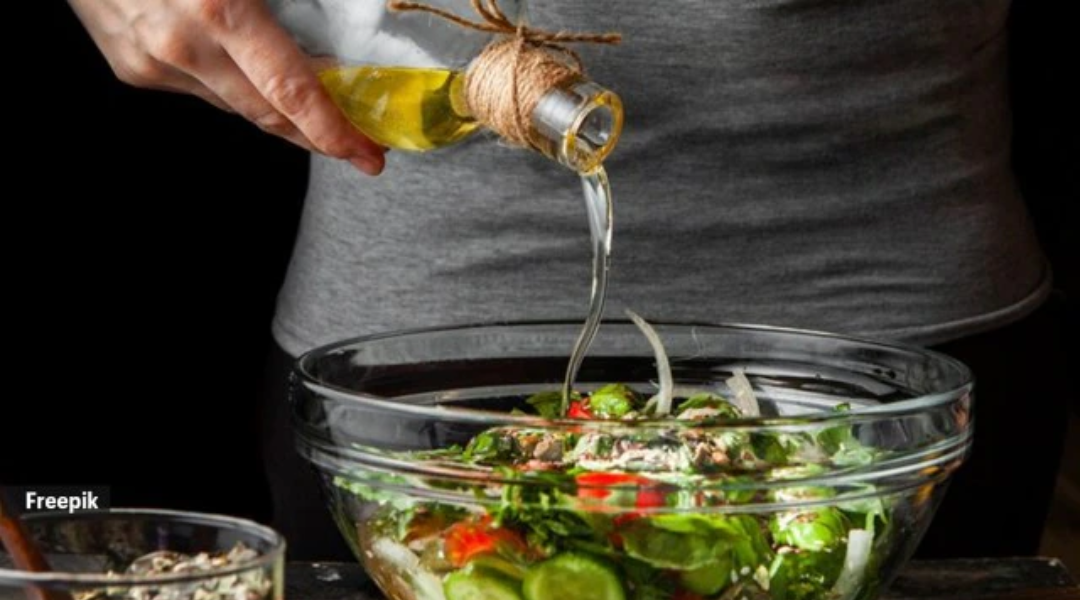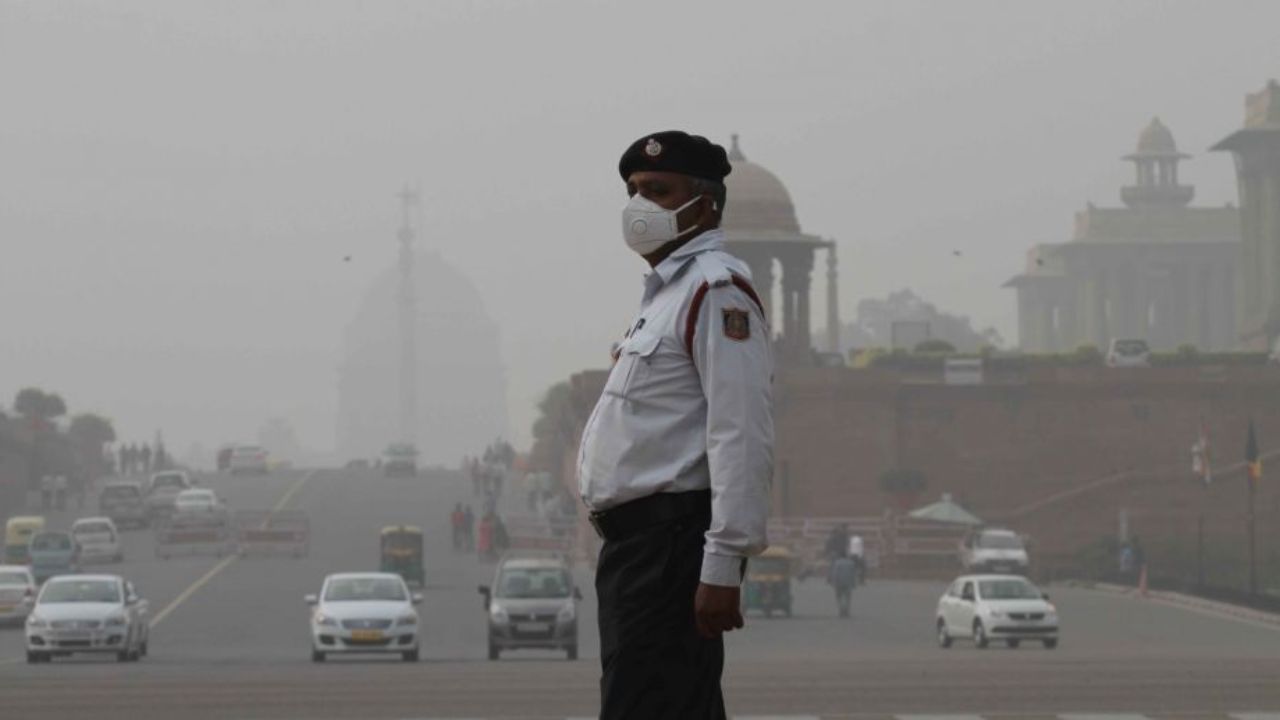Sawan Vrat: Your Guide to Choosing Cooking Oils During Fasting
Fasting, or Vrat: Your Guide to Choosing Cooking Oils Fasting, or vrat, holds significant importance in Hindu religion and traditions, serving as a means of spiritual purification and devotion. During these periods of abstinence, adherents often

Fasting, or Vrat: Your Guide to Choosing Cooking Oils
Fasting, or vrat, holds significant importance in Hindu religion and traditions, serving as a means of spiritual purification and devotion. During these periods of abstinence, adherents often follow specific dietary guidelines, which extend to the types of oils used in food preparation. For those observing a fast, selecting the appropriate cooking oil becomes crucial to maintaining the sanctity of the vrat while ensuring proper nutrition.
Key Nutritional Considerations When Choosing an Oil for Cooking During Vrat
Kanikka Malhotra, consultant dietician and certified diabetes educator, says, “When choosing an oil for cooking during vrat, prioritize purity and origin, opting for cold-pressed oils from permissible sources. Consider the oil’s smoke point for safe cooking, especially for high-temperature methods.” While vrat restrictions vary, generally, oils rich in monounsaturated and polyunsaturated fats are healthier options, she states. Balance refined and unrefined oils based on taste and nutrient preferences.
Common Choices for Cooking Oils During Vrat
Common choices include groundnut oil, ghee, and mustard oil, but their suitability depends on specific vrat guidelines. Always use oil sparingly and check labels for adherence to dietary requirements. Coconut oil, with its unique taste and high saturated fat content, is used in certain regions but might not be universally accepted during vrat.
Specific Oils Traditionally Recommended or Preferred During Vrat
According to Malhotra, “The choice of oil during vrat often hinges on cultural, religious, and regional factors. Groundnut oil is a perennial favorite due to its neutral flavor and wide availability. It’s often considered a balanced option, providing essential fatty acids without overpowering the taste of the food.”
Ghee, clarified butter, is another staple in many Hindu households. In Hinduism, the cow is regarded as a sacred animal, symbolizing motherhood and nourishment. As ghee is made from cow’s milk, it is viewed as a holy substance. Ghee is rich in essential fatty acids and fat-soluble vitamins, contributing to its perception as a nourishing food. However, its high saturated fat content might be a concern for some.
“Mustard oil, particularly popular in North India, is often used in vrat cooking. It has a distinct flavor that compliments many vrat-friendly dishes. Ultimately, the ideal oil depends on the specific vrat, personal preferences, and dietary restrictions,” Malhotra informs.
Oils to Avoid During Vrat Due to Religious or Health Reasons
While many oils are suitable for vrat cooking, Malhotra says, there are some that should generally be avoided due to religious or health considerations:
Refined Oils: These are highly processed and often contain additives, which might not align with the purity aspect of vrat.
Vegetable Oils: Derived from various seeds, these oils are often heavily processed and contain unhealthy trans fats. They are typically not considered pure or sattvic.




